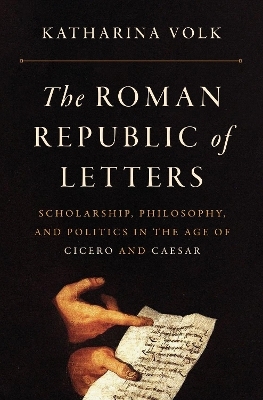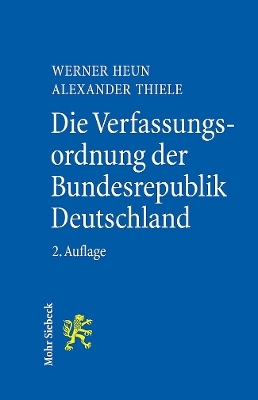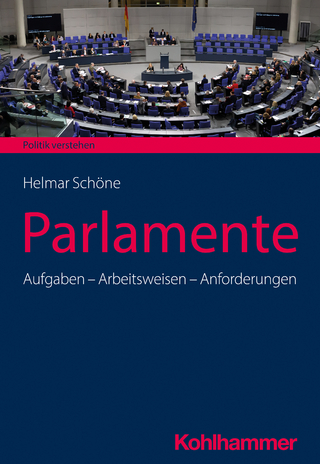
The Roman Republic of Letters
Scholarship, Philosophy, and Politics in the Age of Cicero and Caesar
Seiten
2021
Princeton University Press (Verlag)
978-0-691-19387-8 (ISBN)
Princeton University Press (Verlag)
978-0-691-19387-8 (ISBN)
An intellectual history of the late Roman Republic—and the senators who fought both scholarly debates and a civil war
In The Roman Republic of Letters, Katharina Volk explores a fascinating chapter of intellectual history, focusing on the literary senators of the mid-first century BCE who came to blows over the future of Rome even as they debated philosophy, history, political theory, linguistics, science, and religion.
It was a period of intense cultural flourishing and extreme political unrest—and the agents of each were very often the same people. Members of the senatorial class, including Cicero, Caesar, Brutus, Cassius, Cato, Varro, and Nigidius Figulus, contributed greatly to the development of Roman scholarship and engaged in a lively and often polemical exchange with one another. These men were also crucially involved in the tumultuous events that brought about the collapse of the Republic, and they ended up on opposite sides in the civil war between Caesar and Pompey in the early 40s. Volk treats the intellectual and political activities of these “senator scholars” as two sides of the same coin, exploring how scholarship and statesmanship mutually informed one another—and how the acquisition, organization, and diffusion of knowledge was bound up with the question of what it meant to be a Roman in a time of crisis.
By revealing how first-century Rome’s remarkable “republic of letters” was connected to the fight over the actual res publica, Volk’s riveting account captures the complexity of this pivotal period.
In The Roman Republic of Letters, Katharina Volk explores a fascinating chapter of intellectual history, focusing on the literary senators of the mid-first century BCE who came to blows over the future of Rome even as they debated philosophy, history, political theory, linguistics, science, and religion.
It was a period of intense cultural flourishing and extreme political unrest—and the agents of each were very often the same people. Members of the senatorial class, including Cicero, Caesar, Brutus, Cassius, Cato, Varro, and Nigidius Figulus, contributed greatly to the development of Roman scholarship and engaged in a lively and often polemical exchange with one another. These men were also crucially involved in the tumultuous events that brought about the collapse of the Republic, and they ended up on opposite sides in the civil war between Caesar and Pompey in the early 40s. Volk treats the intellectual and political activities of these “senator scholars” as two sides of the same coin, exploring how scholarship and statesmanship mutually informed one another—and how the acquisition, organization, and diffusion of knowledge was bound up with the question of what it meant to be a Roman in a time of crisis.
By revealing how first-century Rome’s remarkable “republic of letters” was connected to the fight over the actual res publica, Volk’s riveting account captures the complexity of this pivotal period.
Katharina Volk is professor of classics at Columbia University. She is the author of Ovid; Manilius and His Intellectual Background; and The Poetics of Latin Didactic: Lucretius, Vergil, Ovid, Manilius.
| Erscheinungsdatum | 05.01.2022 |
|---|---|
| Verlagsort | New Jersey |
| Sprache | englisch |
| Maße | 156 x 235 mm |
| Themenwelt | Geisteswissenschaften ► Philosophie |
| Sozialwissenschaften ► Politik / Verwaltung ► Politische Theorie | |
| ISBN-10 | 0-691-19387-8 / 0691193878 |
| ISBN-13 | 978-0-691-19387-8 / 9780691193878 |
| Zustand | Neuware |
| Informationen gemäß Produktsicherheitsverordnung (GPSR) | |
| Haben Sie eine Frage zum Produkt? |
Mehr entdecken
aus dem Bereich
aus dem Bereich
ein Vortrag
Buch | Softcover (2024)
Suhrkamp (Verlag)
10,00 €
Buch | Softcover (2024)
Mohr Siebeck (Verlag)
39,00 €
Aufgaben, Arbeitsweisen, Anforderungen
Buch | Softcover (2024)
Kohlhammer (Verlag)
28,00 €


